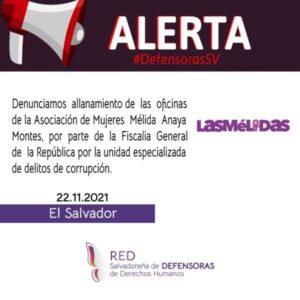An assassination attempt in Argentina and spurts of election-linked violence in Brazil have emerged as the latest signs of growing political discontent in Latin America, creating a treacherous environment for incumbents of all stripes, Reuters reports:
Latin America’s political arena has intensified with fallout from the pandemic, war in Ukraine, spiraling inflation plus fears of global recession. Those hardships have all hit voters’ wallets in one of the world’s most unequal regions, driving deeper political wedges ahead of key elections and in some countries threatening democracy itself.
The resilience of democratic institutions will also be tested in Brazil’s upcoming election, where former left-wing President Luiz Inacio Lula da Silva is the favorite against far-right incumbent President Jair Bolsonaro, experts – including the National Endowment for Democracy’s Latin America Director Miriam Kornblith – told the Atlantic Council (above).
 The authoritarian governments of Cuba, Venezuela and Nicaragua are beset by more basic divides, with critics assailing repression and the absence of basic democratic rights. El Salvador and Guatemala, critics say, are two more Central American countries whose democracies are under threat, Reuters adds:
The authoritarian governments of Cuba, Venezuela and Nicaragua are beset by more basic divides, with critics assailing repression and the absence of basic democratic rights. El Salvador and Guatemala, critics say, are two more Central American countries whose democracies are under threat, Reuters adds:
Salvadoran President Nayib Bukele has gone to great lengths to consolidate power while ordering more than 52,000 arrests in an anti-gang push since April but without due process. Last week, Bukele announced he would run for reelection in 2024 despite an explicit constitutional ban on consecutive terms. Yet Bukele remains very popular, with an approval rating of 85% according to an August CID Gallup poll. read more
“El Salvador is a dictatorship, a populist, beloved dictatorship, but it’s a dictatorship,” said Guatemalan-American novelist Francisco Goldman.
Insightful and disturbing from @NEDemocracy‘s @CIMA_Media blog https://t.co/sYP9Mfb2m0
— Democracy Digest (@demdigest) September 20, 2022







